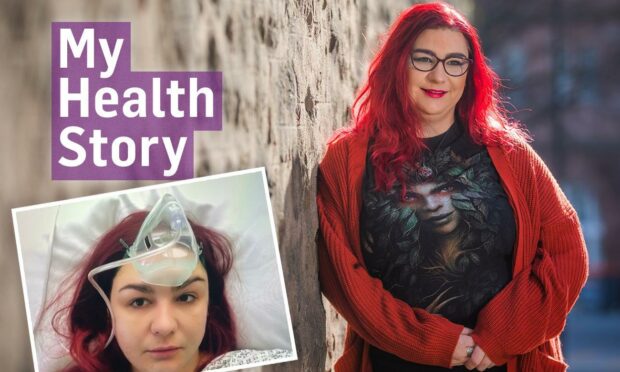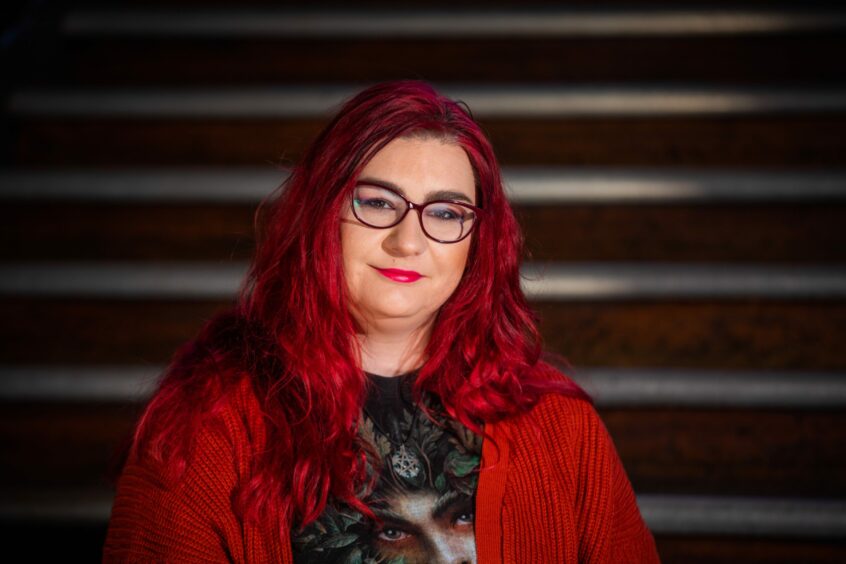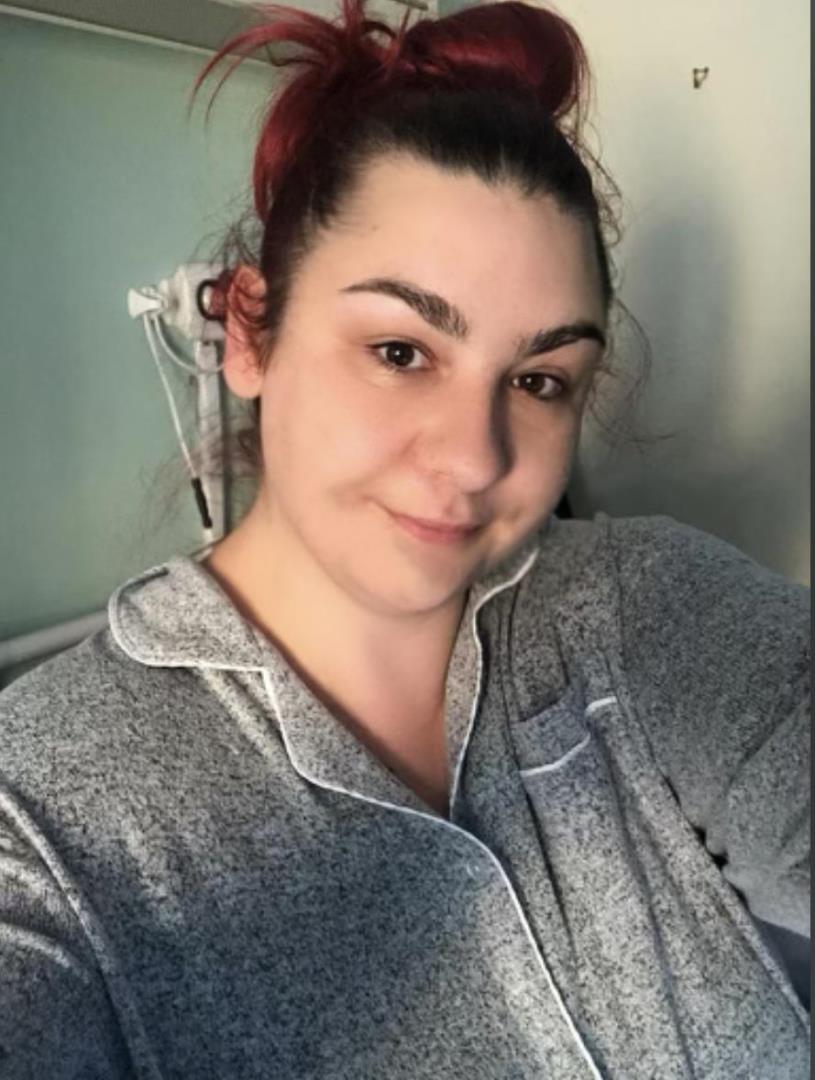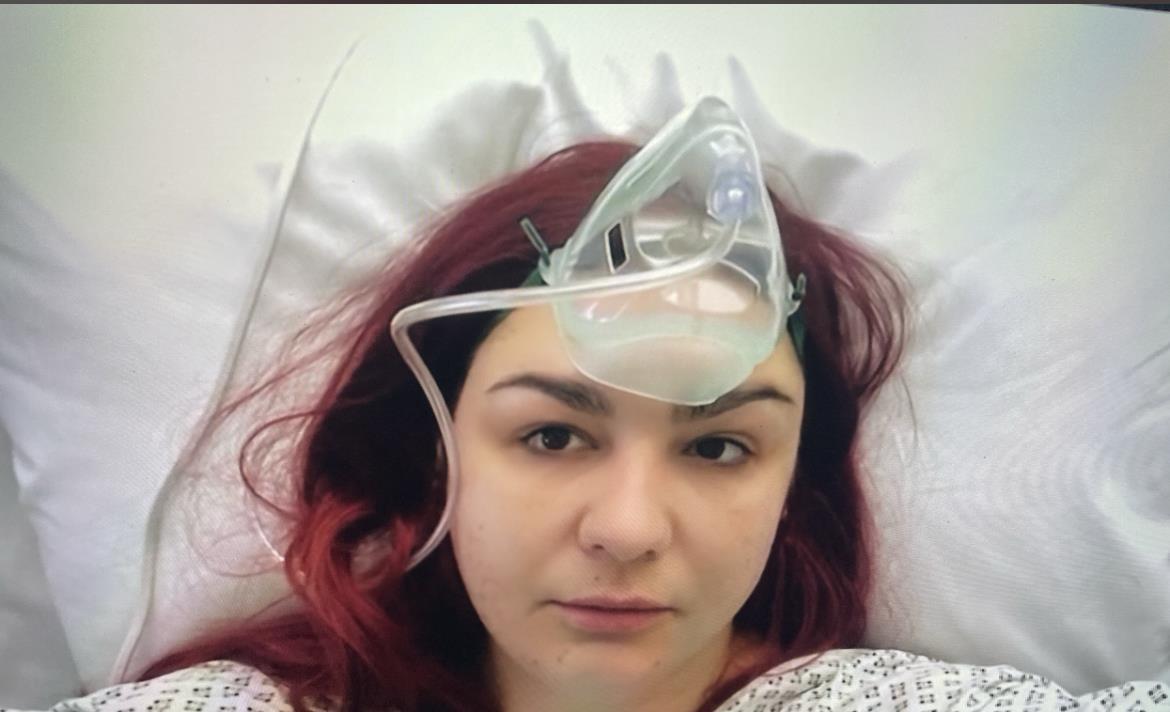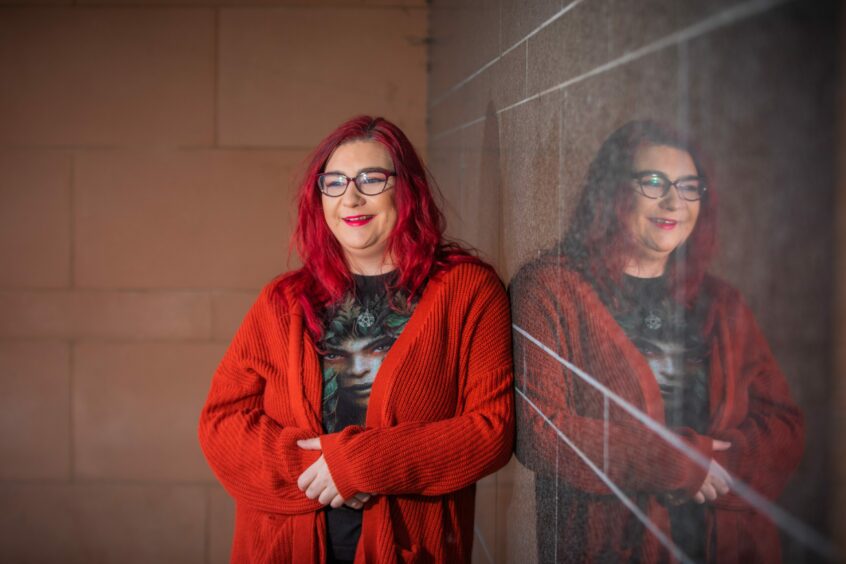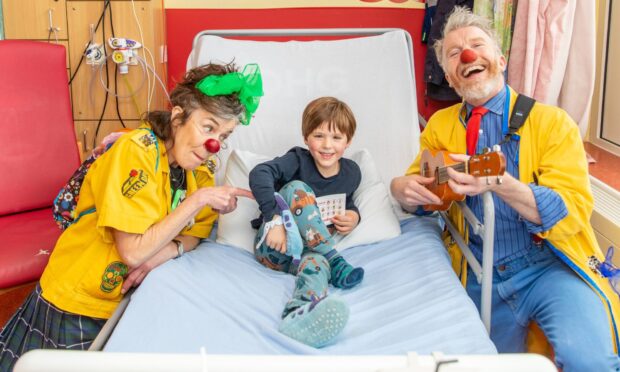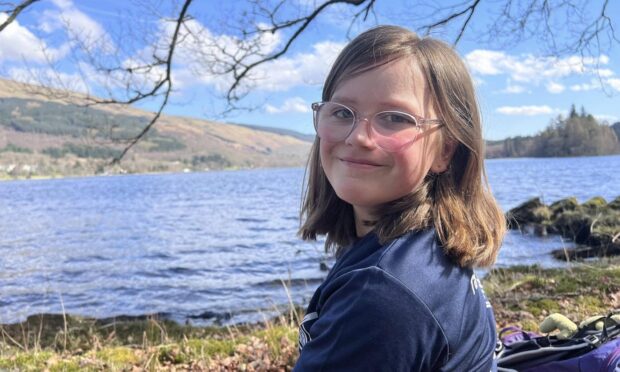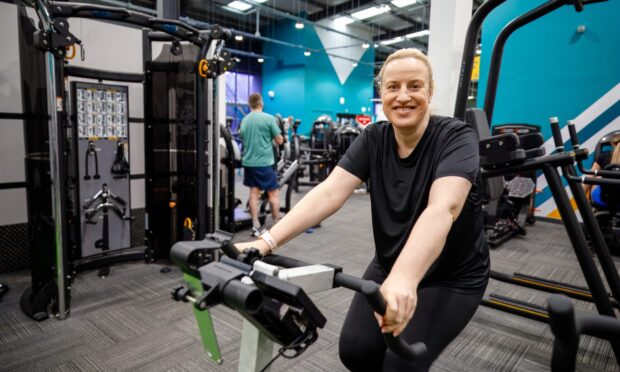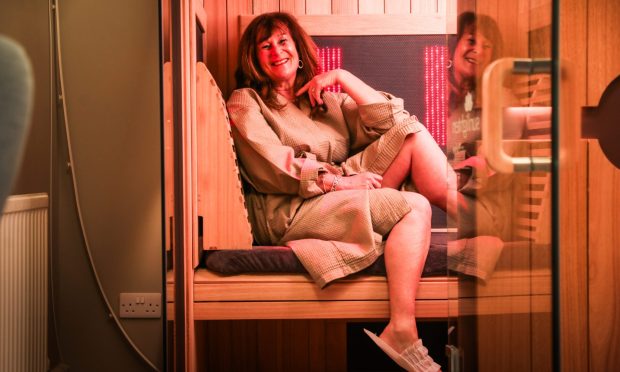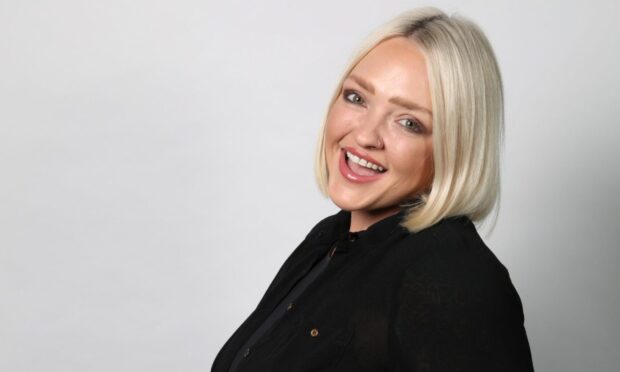When we talk about hysterectomy or going through menopause, the stereotypical stories are of women in their 50s or 60s.
But that’s not always the case – and for those living with endometriosis, it can come decades earlier.
Dundee woman Sofia Jones decided to have a hysterectomy after years of pain caused by her endometriosis.
For her, having her womb removed at just 36 was about making a choice that gives her back her quality of life.
She tells us:
- About the catalogue of treatments she’s endured.
- Why it’s time to talk more about endometriosis, menopause and HRT.
- What the decision means for her future and how she’s moving on.
Full-time Abertay University student Sofia suffered with endometriosis for 20 years, with debilitating symptoms including pelvic pain, fatigue and heavy periods.
She decided to pay privately for her hysterectomy operation last June after reaching ‘her limit’. (The cost in Scotland is usually around £6,500 for the treatment.)
“It was hard, but I decided to go private because waiting times were so long,” she explains.
Difficult choices
“I was only in my thirties. I don’t have children through choice, but I knew once everything was removed that choice was gone.
“I don’t want kids. I kept thinking what if I had a girl that had this? I’d never want my child to go through it.
“I’d been through five surgeries, I’d been put into chemical menopause (where a temporary menopause is created with medication to ease heavy periods) three times. I’ve taken all the hormones they could throw at me.
‘I can’t live like this’
“You get all the horrible menopause symptoms including joint pain, brain fog. Most people think your periods just stop with menopause but there’s a lot more to it than that!
“I’ve had painkillers that lower your quality of life and had to deal with the endometriosis on top of that. It was so severe, affecting my mental and physical health, my social life and my relationships.
“I’d been through all the options and I thought ‘I can’t live like this’.
“The day after the hysterectomy I was in less pain than before I went into the hospital because it had become so severe.
“My body took a while to recover but pain-wise it’s a lot better; it’s not 100% away, but I have quality of life now.”
“Now I can go out and see people without being in agony. It doesn’t matter as much if I leave the house and forget my ‘just in case medicine’, or sanitary products.
Recovering and talking
“I don’t need to worry about having my car parked near university in case I need to crawl back in pain.
“I have scar tissue and they discovered I also have bowel endometriosis too.
“But I wear HRT patches now which give me oestrogen and definitely make a difference.”
Talking about her endometriosis, hysterectomy and HRT is important to Sofia.
“Most people assume menopausal women are 50 plus – but a lot of women with endometriosis for example get put into chemical menopause.
“I was 28 and folk would say when I told them I was menopausal ‘you’re too young for that.’
Be your own advocate
“I felt isolated because a lot of my peers didn’t understand and didn’t get it. But I’ve found the Endometriosis UK Dundee support group really helps. It has been a lifeline.
“You get real-life experience – for me it was about weighing up the treatment options available to me and being my own advocate.
“And realising I didn’t have to live with it.”
So what is #endometriosis? 💛
.
#endo #endometriosisUK #endoUK #endometriosisawareness #endoawareness #endometriosisawareness22 #1in10 #endomonthmarch #endometriosismonth #endoEdinburgh #endobonds #exppectedinburgh #exppect #endometriosisScotl… https://t.co/K2PyYyrDe2 pic.twitter.com/FzJfU5x4yu— Symjo Symptom Journal for Chronic Pain (@mySymjo) March 3, 2022
Sofia, now in her 4th year studying counselling and psychology, is using her own experience in her work.
She’s also running for student president to represent students who have invisible illness to give them a voice.
“I’m also writing my dissertation on the mental health of women with endometriosis.
“Somebody has to start the conversation about this.”
- How has your life or health been affected by a health condition? We’d love to share your story to help support other people. Contact us healthandwellbeing@thecourier.co.uk
